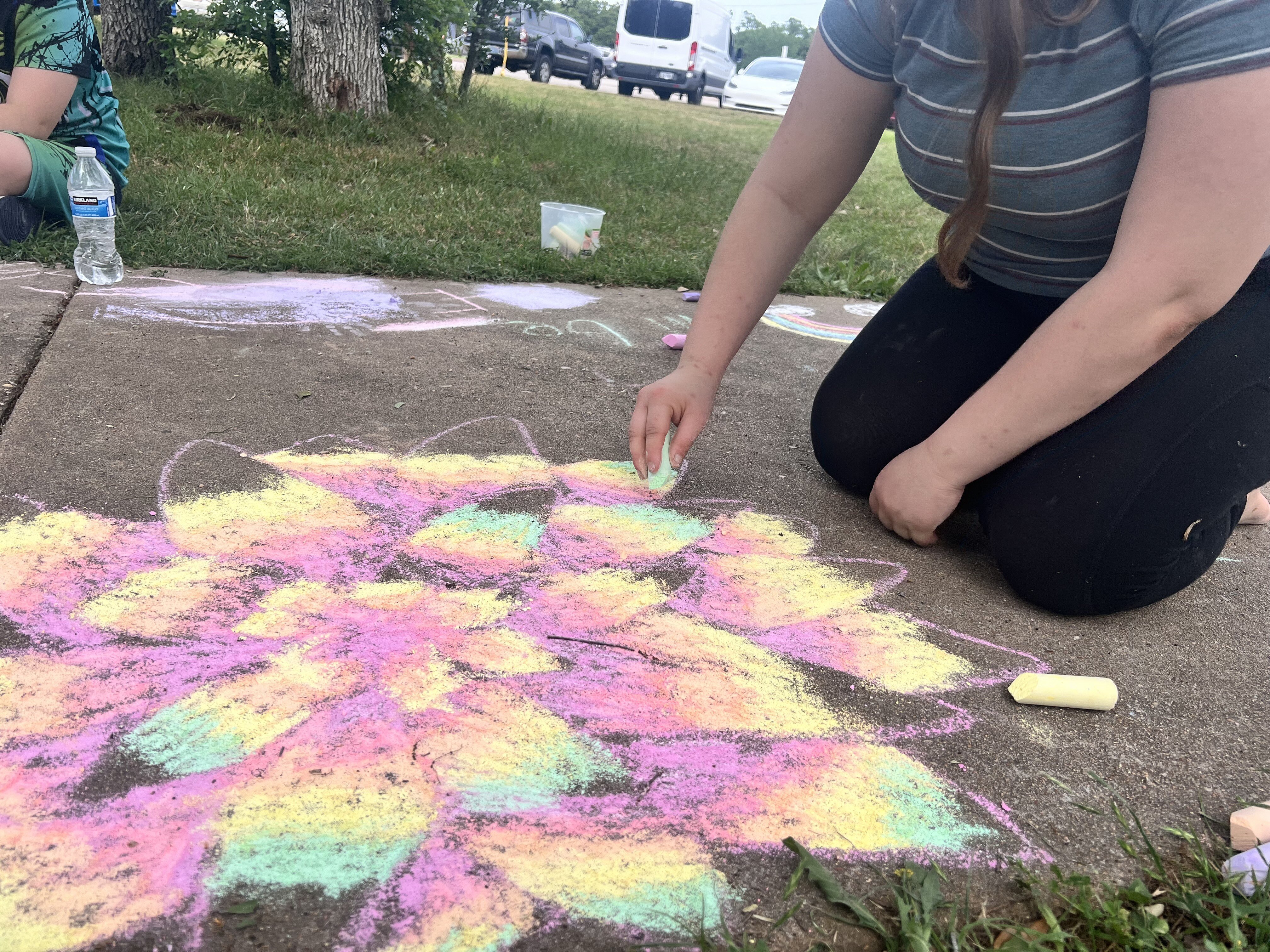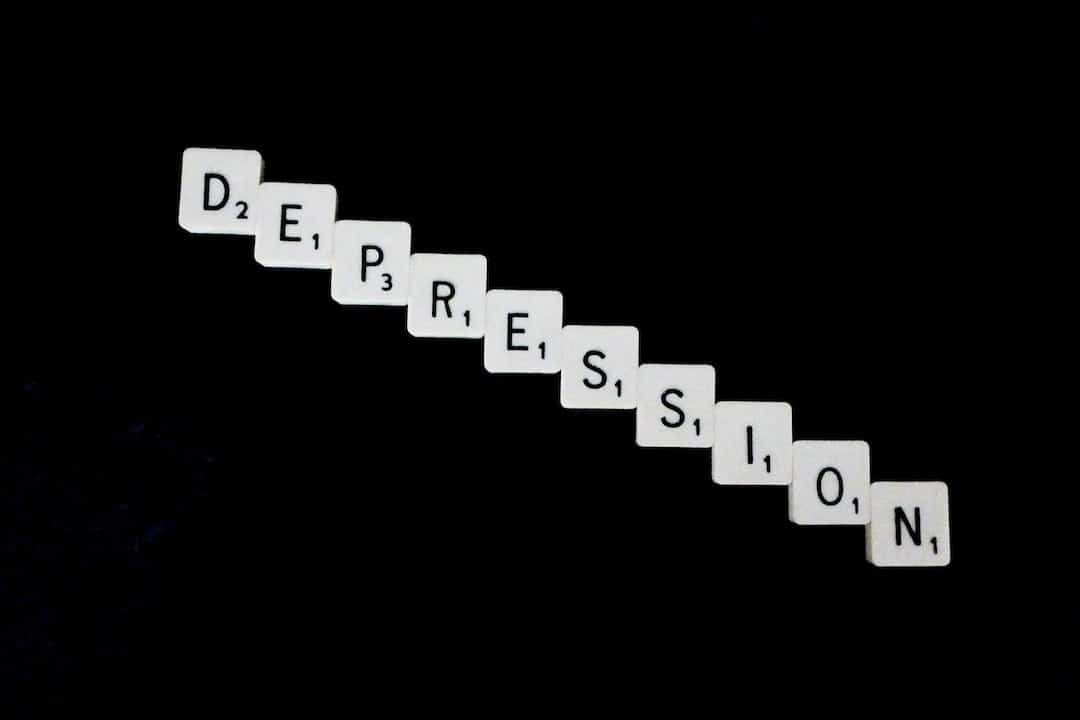Depression and the Holiday Season
According to Innovations in Clinical Neuroscience, symptoms of depression can accompany the holidays. There is also an increase in alcohol-related deaths during the holiday season. Depressive symptoms are a critical factor in both of these scenarios, as the holiday season is notoriously a time of increased activity and changes in routine. Therefore, you might be feeling symptoms related to depression.
Experiencing Depression
It is not uncommon to experience symptoms of depression during the hustle and bustle of the holidays. From a social standpoint, your expectations of yourself may be higher as this is a time of family activities and social events. Such a stress-inducing change in routine can worsen symptoms of Major depressive disorder (MDD). Holiday-induced stress can also contribute to seasonal affective disorder (SAD), and differentiating between the two can aid you in receiving the right resources. If you suspect that you’re experiencing symptoms of depression, you’ll want to ensure your taking these signs seriously and seeking appropriate care.
Going undiagnosed and untreated for any type of depression can increase your risk of developing other health problems or substance use disorder (SUD). Often, when someone is facing the impact of depression, they may use drugs or alcohol to manage their symptoms or self-medicate. This is a temporary easement and, with a continued pattern, can develop into SUD, needing further treatment and intervention.
More Than a Feeling-Defining Major Depressive Disorder
According to the World Health Organization (WHO),MDD is diagnosed when a person meets specific criteria outlined in the Diagnostic and Statistical Manual of Mental Disorders, 5th Edition (DSM-5). In the National Library of Medicine at the National Institute of Health (NIH), it is noted that for the diagnosis of MDD to be made, episodes of mania must be ruled out. Several depressive disorders fall under the diagnosis of MDD.
The Effects of Seasonal Affective Disorder
If you have noticed that your symptoms of depression tend to follow the ebb and flow of the seasons, seasonal affective disorder just might be affecting you. As either a subtype or a qualifier of MDD, according to this study, you might experience intense symptoms of depression during the colder fall and winter months. Common symptoms of SAD include:
- Feelings of sadness and hopelessness
- Loss of pleasure in activities once enjoyed
- Changes in sleep patterns (getting too much or too little)
The symptoms of SAD are similar to the symptoms of MDD. The depression associated with SAD tends to fade as the days become longer and brighter. Fittingly, light therapy is a common treatment for SAD.
Turning Inward to Refocus
Finding the right treatment for depression can be tricky, especially if you are only experiencing symptoms at certain times of the year. This is another reason people often use drugs or alcohol to self-medicate, as they believe these feelings are temporary and can handle it themselves.
Being honest with your healthcare providers can help you get a correct diagnosis; thus, finding treatments that benefit you may be more successful.
The increased stress during the holidays will amplify the symptoms of depression, no matter the type of depression you may struggle with. Stress can be both a positive and negative factor in your life. Paying attention to the messages stress is trying to send you can help you to respond accordingly.
Noticing When It’s Time to Reach Out
Talking to a trusted friend, family member, or healthcare provider about what you are experiencing is a good place to start. Even if you are already on medications to manage the symptoms of MDD, there is no shame in needing to make an adjustment. Although the holidays have passed, the hurriedness and anxiety may linger inside your mind and body. Communicating any new feelings or symptoms with your support system can help you get the help you need as quickly as possible.
Managing the symptoms of your depression is an individual experience. Only you know the patterns of your moods, and responding to any changes as quickly as possible will help you prevent relapse in other mental health symptoms.
The Sun Will Always Rise
You have survived the holiday season, and you are ready to welcome a new year. As the days fall away, the normalcy of everyday life in recovery will begin to return. If you have noticed your low mood sticking around after the guests have gone home, it may be time to reach out.
Asking for help when you are experiencing worsening symptoms is difficult, but it is profoundly brave. Everyone is affected by holiday stress to some extent, and noticing what is and is not normal for you requires deep listening. Although the season of giving has come to a close, for now, do not forget the greatest gift you can give to yourself is a healthy state of mind.
The anxiety and activity of the holiday season can leave anyone gasping for breath. If you already struggle with depression, this can feel even more burdensome. The mental, physical, and emotional letdown experienced can make it harder to cope with your day-to-day life. If you are no longer able to manage your depression or have found your symptoms changing, it is time to prioritize your mental health. There is hope if you have found yourself struggling to cope with the new year, and at Grace Recovery TX, we help you do just that. Our team of professionals is ready to collaborate with you to restore your health. There is peace in recovery. Call us at (737) 237-9663 to learn more.







